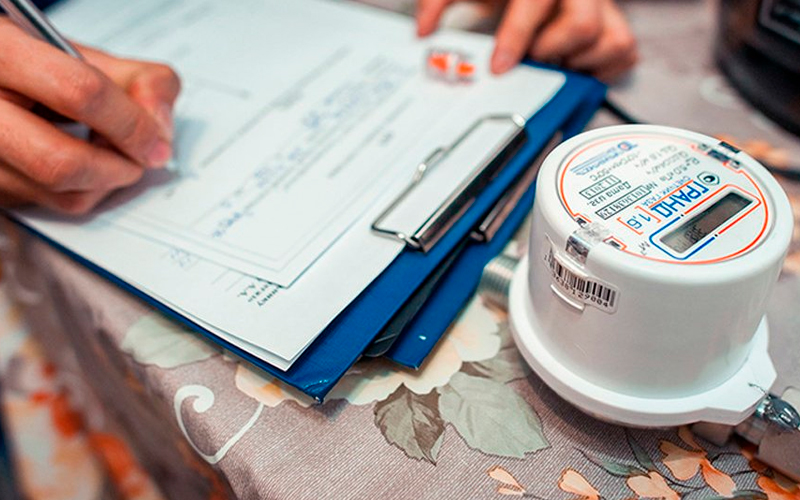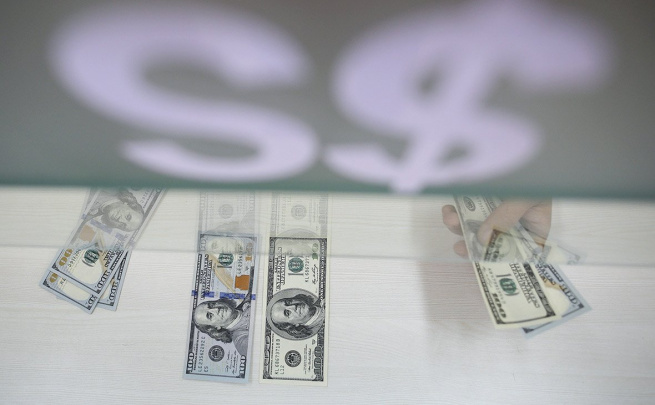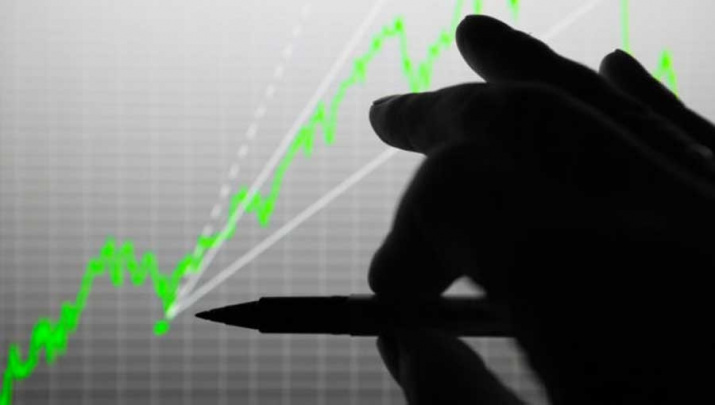Inflation expectations of the population surge amid rising utility prices
The annual inflation expectations of the population in Uzbekistan have sharply increased following the rise in utility service prices, according to the results of a survey conducted by the Central Bank. Companies have also noted this factor, but they are more concerned about the impact of exchange rate changes on inflation.

After four months of decline, inflation expectations among the population and business for the next 12 months surged in April, reports the Central Bank.
The general public's price expectations averaged 14 percent nationally (up by 1.2 percent from March), while those of entrepreneurs stood at 13.3 percent (up by 1.1 percent).
Tashkent leads in pessimistic inflation expectations, with the capital residents anticipating 17.2 percent (up by 0.3 percent), and entrepreneurs expecting 14.8 percent inflation (up by 0.4 percent).
Additionally, expectations of price growth were reported in the Bukhara region at 15.7 percent (up by 3.4 percent), the Fergana region at 14.9 percent (up by 1.3 percent), and the Surkhandarya region at 14.7 percent (up by 2.2 percent).
Businesses in Tashkent are forecasting an inflation rate of 14.5 percent (up by 1.7 percent), in Syrdarya at 14.4 percent (up by 2 percent), and in the Jizzakh region at 13.9 percent (up by 2.4 percent).
March surveys indicated that the primary factor contributing to the price increase could have been the rise in utility service prices - by 55 percent (up from 42 percent in March).
Over the next 12 months, 55 percent of respondents anticipate that changes in the exchange rate will affect price increases (down from 61 percent previously), with concerns about monopoly and artificial price inflation at 29 percent (down from 35 percent), and transport expenses at 29 percent (up from 28 percent).
The main factor driving the rise in business inflation expectations remains the change in the exchange rate - at 60 percent (previously 61 percent), but the increase in utility service prices was also noted - at 54 percent (up from 38 percent).
Entrepreneurs are also emphasizing high tax burdens - at 31 percent (up from 25 percent).
Among the population groups with incomes of 10–15 million UZS, inflationary expectations slightly decreased - from 16.9 percent to 16.6 percent, and among those with incomes over 15 million UZS, effects dropped from 16.1 percent to 15.9 percent. Lower-income groups saw an increase in inflation expectations.
For the income-less population, inflation expectations have risen from 12 percent a month ago to 13.2 percent currently, for those earning 3–4 million UZS to 13.1 percent (previously 12 percent), and for those earning 2–3 million UZS from 11.7 to 14.2 percent.
Inflation expectations reflect the population's projections of price rises in the coming months and years, influencing their behavior as consumers. People tend to accelerate purchases of items that may become more expensive, suspending their delay in shopping behavior, spending more, saving less, and borrowing more frequently. As a result, anticipated inflation impacts actual inflation through increased demand, resulting in faster price increases.
If people perceive a sharp rise in inflation as temporary, their long-term inflationary expectations may not rise—this stability in inflation expectations is based on confidence in the Central Bank's policy: if companies and households believe that monetary policy will return inflation to the targeted level, they will worry less about future price increases.
Related News

17:38 / 02.02.2026
Migration and uneven development widen regional income divide in Uzbekistan

12:41 / 02.02.2026
Uzbekistan plans expanded digital oversight to reduce informal economic activity

16:24 / 29.01.2026
Per capita incomes rise sharply across Uzbekistan, with notable regional disparities

13:04 / 29.01.2026




